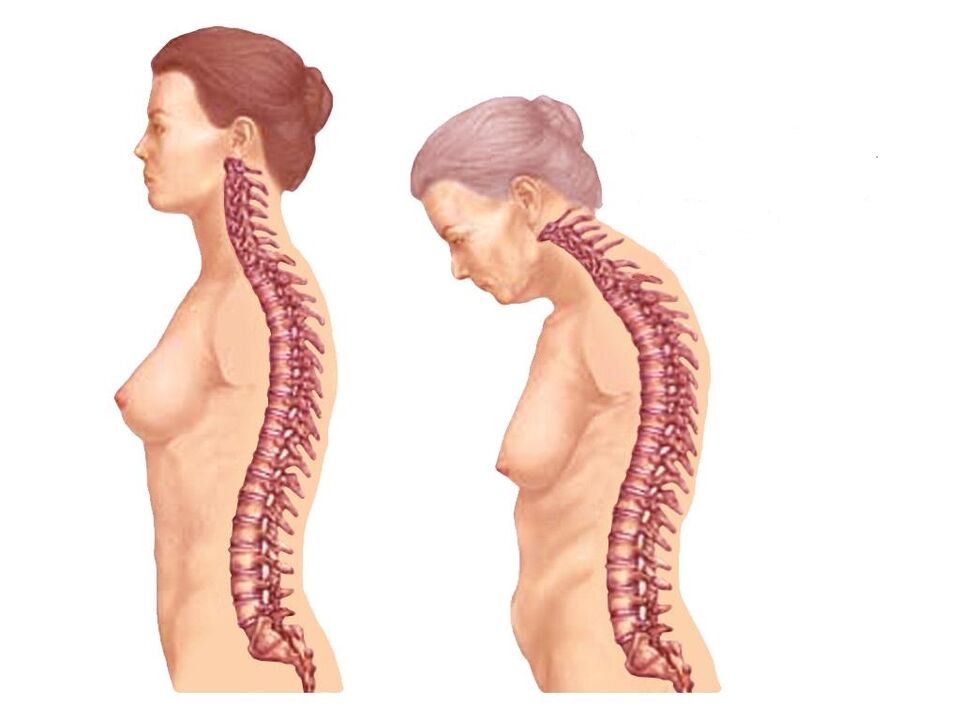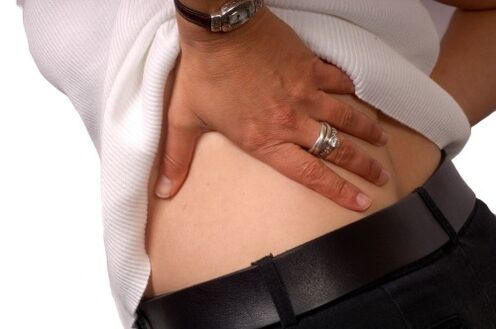Osteochondrosis is a serious problem that requires urgent treatment. And many people wonder: Is it possible to cure osteochondrosis? Of course, this disease is not fatal and can be treated. There are two ways to treat osteochondrosis:
- operative;
- conservative.
Operational involves performing an operation. It is resorted to only in extreme cases, when the disease has progressed to a more severe stage.

In other cases, conservative treatment is preferable. But you can resort to it only after consulting an experienced doctor who will tell you how to get rid of osteochondrosis in your case. This treatment includes several procedures:
- therapeutic complexes of physical exercises (exercise therapy);
- isometric kinesiotherapy;
- manual therapy;
- reflexology;
- underwater hydromassage;
- various stimulations (magnetic, electric and vibro);
- laser and ultrasound therapy;
- medical diet;
- psychotherapy;
- use of drugs.
exercise therapy
These procedures include physical activity that helps in the treatment of osteochondrosis. These exercises should be prescribed by a doctor who will tell you in detail how to deal with osteochondrosis and choose an individual treatment for you. Osteochondrosis can be of several types (cervical, lumbar, etc. ), therefore treatment complexes are different. For each type of this disease, special groups of physical exercises have been developed that aim to stimulate exactly that part of the spine that requires it.

Isometric kinesiotherapy
This therapy also includes physical activity, but in addition to exercises, it includes different positions with healing effects, stretching, etc. They are prescribed by a kinesiotherapist - a doctor whose specialization is the area responsible for physical activities that must be done with osteochondrosis. It is necessary to undergo this procedure under the strict supervision of a doctor, because otherwise the intended goals may not be achieved or, even worse, a traumatic situation may occur.
Manual therapy
The essence of this procedure is that the beneficial effect comes from the influence of the hands on any part of the body. With the help of this therapy, a specialist in this field can return the vertebrae and intervertebral discs to their normal position, as well as relieve muscle spasms. In addition, this therapy can be prescribed as a means of rehabilitation after surgery. In no case should you try to perform this procedure yourself, or entrust it to one of your relatives and friends. In this case, improper or careless movement can harm human health, which is why the procedure should be carried out only by an expert in this field who knows exactly what to do.
Reflexology
During this procedure, there is a physical impact on certain points of the human body. The result of this therapy is the removal of pain, improvement of blood circulation, removal of inflammation and spasms, etc. This procedure is performed in specialized clinics using appropriate equipment.

Underwater hydromassage
This type of massage is performed in a special bath without hands affecting the human body. In addition to being a pleasure, the procedure helps to relax muscles, reduce pain and relieve spasms, and helps to organize the proper functioning of various body systems. Underwater hydromassage is used not only for the treatment of osteochondrosis, but also for many other purposes: weight loss, skin cleansing, disease prevention, and so on.
Magnetic, electrical and vibrational stimulation.
With the help of these stimulations, it is possible to improve the work of the nervous and circulatory system, restore human tissues and organs, etc. This is one of the many ways to deal with osteochondrosis. It is worth noting that not all clinics specialize in these procedures, so it will not be easy to find a good clinic that offers these services.
Laser and ultrasound therapy
During these therapies, the body is exposed to laser or ultrasound radiation. The result is tissue repair, improvement of the circulatory system, etc. These therapies can cause changes in the body at the cellular level, so their action is quite effective.
Therapeutic diet
After the consultation, the doctor will tell you what to do with osteochondrosis, which foods are best to eat and which should be avoided. By following a special diet, the result of other procedures is easier to achieve and better fixed.

Drug use
Of course, the entire treatment process will be accompanied by medication. Without them, the result that can be achieved using special preparations will not be achieved. This is a major part of the treatment that should never be avoided or neglected.
Prevention
In order not to have to treat osteochondrosis, it is necessary to do prevention, and the sooner you start implementing it, the greater the chances that you will be able to avoid this disease. In addition to proper nutrition and exercise, you need to do the following:
- massage the lower back, back and lower back every morning;
- perform gymnastics, which will include swinging arms and legs, jumping in place, rotating the head and pulling on the horizontal bar:
- set aside seven minutes during the day for physical exercise;
- swim regularly in a pool or river.
Of course, if osteochondrosis has already affected a person, then there is no need for prevention. This is where you need to start treatment.

Treatment of osteochondrosis includes various procedures. but you can avoid this if you start prevention in time.
We must not forget about nutrition. In osteochondrosis, the diet should include food containing protein, which in this case is simply necessary in large quantities. Mushrooms and animal fats (except butter) will be an exception.
Soups are better to cook vegetarian or just low-fat; for other dishes, steamed or oven-cooked food is suitable; the use of various aspics, low-fat sauces, spices and seasonings is welcome.
From the diet, you should exclude (or at least limit) very salty foods (fish, homemade preparations, etc. ), sweets, starchy foods, grapes in all their forms, alcohol, tobacco, as well as strong tea and coffee.
The mass of food eaten per day should not exceed two kilograms, and liquids - no more than one liter.

















































